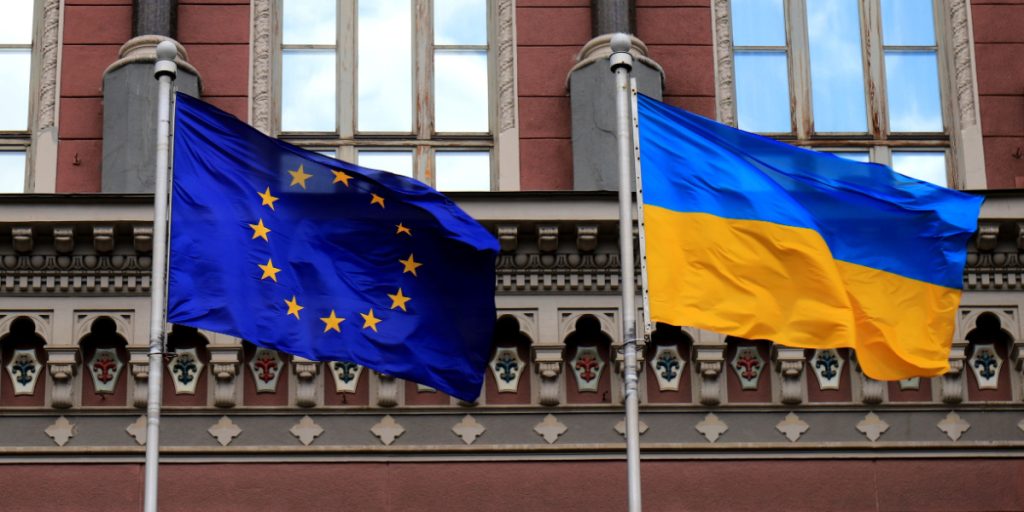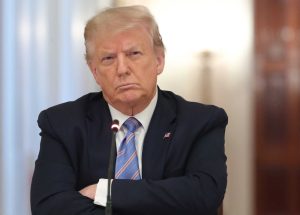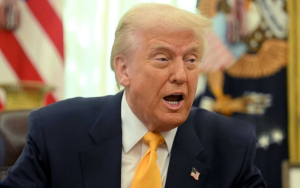EU Targets Russian and Belarusian Food Imports with New Restrictions.
Others are reading now
The European Union is poised to implement a regulatory framework that could reshape the importation of food products from Russia and Belarus. This development emerges as the European Commission contemplates the imposition of quotas on certain food items, particularly grains, sourced from these nations. This initiative has been unveiled amidst discussions and consultations among EU diplomats and stakeholders, signaling a nuanced approach to trade and sanctions in the agricultural sector.
The proposed measures mark a departure from a full embargo, reflecting the European Union’s careful consideration of the broader economic and geopolitical implications. European Commissioner for Home Affairs, Ylva Johansson, underscored the deliberation behind this decision, noting the potential for more adverse effects stemming from a complete ban on food imports from Russia and Belarus. Johansson highlighted concerns over escalating prices and the unintended ramifications for countries in the Global South, thus advocating for a balanced and pragmatic strategy.
Furthermore, the European Commission anticipates that these prospective import quotas will not impede the transit of Russian and Belarusian food products through EU territories. This stipulation aims to mitigate disruptions within the logistics and supply chain frameworks, ensuring a degree of continuity in trade flows while aligning with the EU’s sanctions policy.
The backdrop to this regulatory proposal includes vocal protests from the EU farming community and explicit requests from Ukraine for the EU to enforce sanctions on Russian agricultural commodities. The existing landscape of trade sanctions within the EU has predominantly spared Russian food products, despite restrictions on Ukrainian agricultural exports. This discrepancy has stirred discussions on the ethical and political justification for maintaining or adjusting these trade barriers.
Also read
In a related development, Latvia emerged as the first EU member state to enforce a temporary prohibition on the importation of agricultural goods from Russia and Belarus, setting a precedent within the union. Subsequently, Poland’s legislative body passed a resolution to sanction food imports from these countries, further evidencing the growing momentum for policy action at the EU level. Discussions between Polish Prime Minister Donald Tusk and European Commission President Ursula von der Leyen have furthered the discourse on a unified EU stance regarding the halt of agricultural imports from Russia and Belarus.
Trade statistics reveal a significant uptick in the volume of Russian grain entering the EU, with over 1.5 million tons recorded in 2023, a marked increase from the previous year. This trend underscores the critical role of Russian and Belarusian agricultural products within the EU market and the strategic considerations underpinning the European Commission’s proposed regulatory adjustments.








